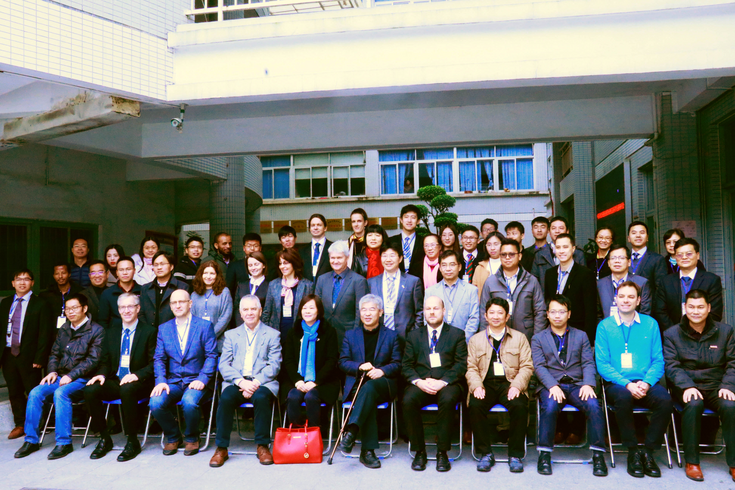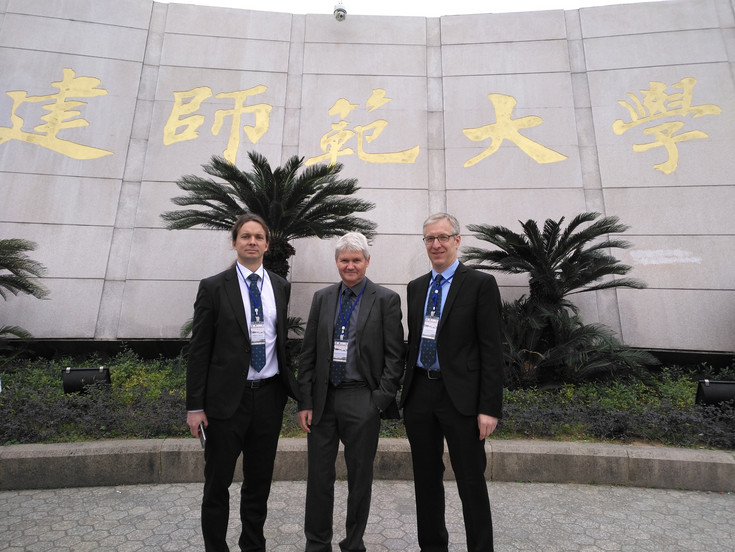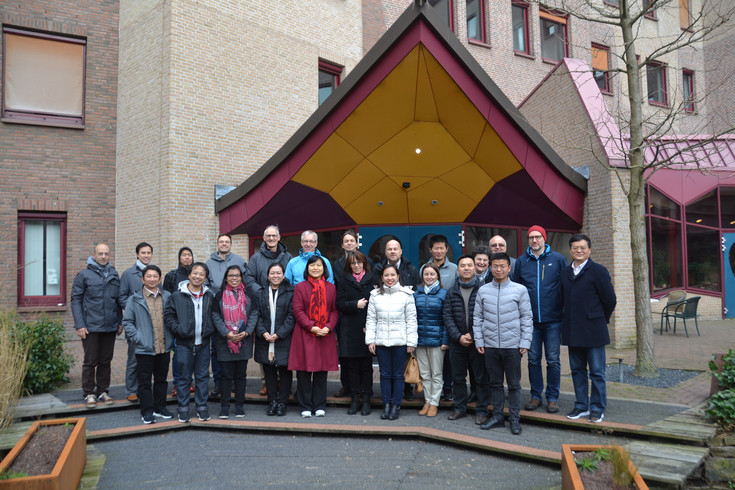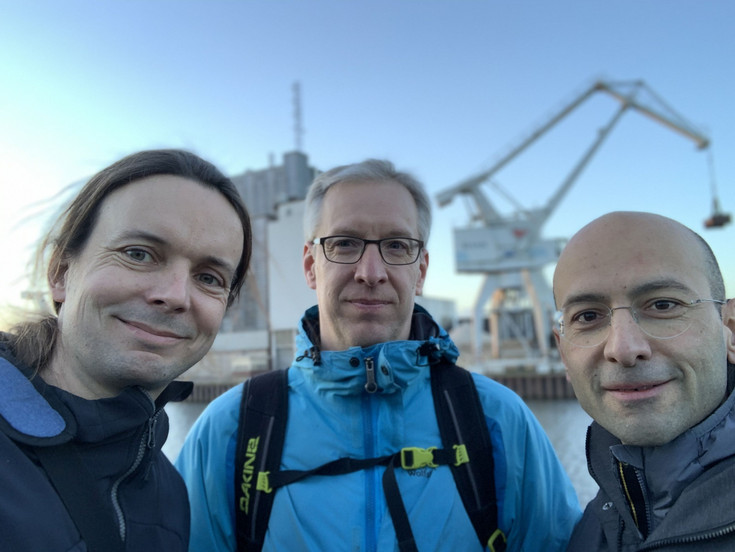The EU space strategy in the document “2016 Communication on a Space Strategy for Europe” fosters the uptake of space techniques applications. “The Commission’s aim is to optimise the benefits that space brings to society and the wider EU economy. Achieving this means boosting demand among public and private users, facilitating access to and use of space data, and stimulating the development and use of innovative downstream applications.” The demand is in line with the practice observed in the field of Remote Sensing (RS), which has wide range of potential applications unused.
The wider objective of the project is to develop an innovative learning platform, a Learning Management System (LMS) for Asian countries, China and Thailand, which has already relevant activity in the field of RS. Though the content of the proposed LMS would not correspond to any level of tertiary level education, it is basically planned to be developed for meet MSc standards to BSc of related disciplines to RS.
More specifically it is planned by improving the related education 1) by establishing LMS at each Asian universities, 2) by creating a Knowledge Pool of high level eLearning teaching materials for a wider scientific and engineering community, and 3) by organizing workshops, a trainings and a summer school for the teaching staff and students.
The promotion of the professional development of staff and youth workers in the field of remote sensing and related interdisciplinary sciences is planned to be implemented in the form of a Learning Management System, which makes use of recent advancements of ICT methodologies and technologies. Transversal skills, e.g. digital competences, or in general, 21th century skills are developed by the proposed education form, i.e. a practical remote teaching in a true multi-organizational collaboration.
The proposed LMS would host 20 newly developed modules on remote sensing in the curricula of participating universities, improving the quality of higher education, delivering a background for studying the practical use of the remote sensing techniques. This would by time enhance the practical use of remote sensing on a wide range of applications serving the labour market and society. The competences and skills in the participating HEIs will be developed by the use of these learning modules.
The LMS proposed to be developed at 4 Asian universities would serve the practical applicability of remote sensing data for wide range of disciplines (including different tasks of Environmental protection, Agriculture, forestry and fishery, Physical sciences, Engineering and engineering trades, Transport services, Security services). The aim of the LMS is to foster the uptake of remote sensing applications to boost the benefits that space brings to society and the wider economy.
The Kick-off Meeting was held from 15 to 17 January 2018 at Fujian Normal University, China. The workshops on module development took place in Vienna from 27 to 31 August 2018 and in Enschede from 4 to 8 March. The first review meeting was held from 26 to 28 November 2018 in Khon Kaen.
IRSEL project team members met in Enschede (March 2019) and Krakow (August 2019) for workshops to improve the Learning and Teaching material and discuss the content of the modules.
Further information: irsel.eu
Contact person BOKU
Thomas Bauer, Mag. Dr.rer.nat.
- Senior Lecturer
- H85700 Institut für Geomatik
- t.bauer@boku.ac.at
- Telefon
- +43 1 47654-85713
- Fax
- +43 1 47654-85709
- Postadresse
-
Institut für Geomatik
Peter-Jordan-Straße 82
1190 Wien - Sprechstunde
- Montag bis Freitag (nach Vereinbarung)






